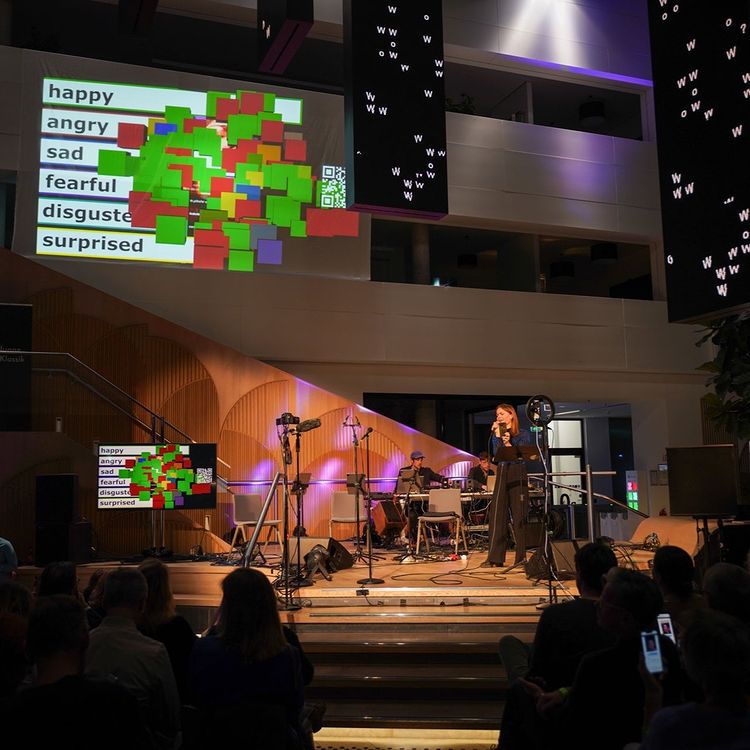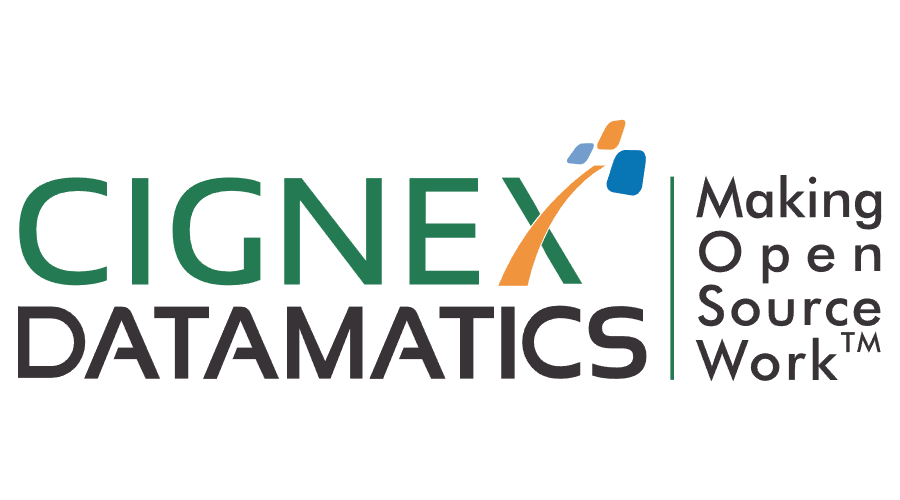Hi, I'm Xiao-Xiong Lin.
A
computational neuroscientist with strong interest in synergizing artificial and biological intelligence.
About
I completed my PhD in Computational Neuroscience in September 2023, and am currently actively looking for postdoctoral positions in computational neuroscience as well as industry opportunities in related fields such as Artificial Intelligence, Machine Learning, and Brain-Computer Interfaces.
Research Interest
My primary research interest is centered on uncovering the fundamental principles of intelligence present in both biological and artificial neural networks. I believe the neural manifold presents a suitable level of abstraction for understanding complex systems across species and scales.
Throughout my PhD research, I engaged extensively in population level neural data analysis. I leveraged biological principles of sparse connectivity to dissect representational geometry of working memory, and identified disentangled representations within distinct neuronal ensembles. This work, now in the third round of review at Science Advances, aims to bridge the gap between single-neuron and population-level perspectives in neuroscience.
I have always been intrigued by physics-inspired approaches and see their potential to significantly advance neuroscience, especially by distilling local biological observations into network level descriptions of the brain, which are closely related to cognitive functions. This interest propels me towards integrating physics-inspired paradigms into my research endeavors. In my future research, I aim to shift towards more theoretical approaches and develop analysis pipelines that are solidly anchored in normative theories.
Publications
Computational and systems neuroscience
- Lin, X.-X., Nieder, A., Jacob, S.N.(2023). The neurocellular implementation of representational geometry in primate prefrontal cortex. Science Advances. [open access]
- Eisenkolb, V. M., Held, L. M., Utzschmid, A., Lin, X.-X., Krieg, S. M., Meyer, B., ... & Jacob, S. N. (2023). Human acute microelectrode array recordings with broad cortical access, single-unit resolution and parallel behavioral monitoring. Cell Reports.
Cognitive neuroscience
- Bao, Y., Pöppel, E., Wang, L., Lin, X., Yang, T., Avram, M., ... Vedder, A. (2015). Synchronization as a biological, psychological and social mechanism to create common time: a theoretical frame and a single case study. PsyCh Journal, 4(4), 243-254.
- Bao, Y., Yang, T., Lin, X., & Pöppel, E. (2016). Donders revisited: Discrete or continuous temporal processing underlying reaction time distributions? PsyCh Journal, 5(3), 177-179.
- Wang, L., Bao, Y., Zhang, J., Lin, X., Yang, L., Pöppel, E., & Zhou, B. (2016). Scanning the world in three seconds: Mismatch negativity as an indicator of temporal segmentation. PsyCh Journal, 5(3), 170-176.
- Wang, L., Lin, X., Zhou, B., Pöppel, E., & Bao, Y. (2015). Subjective present: a window of temporal integration indexed by mismatch negativity. Cognitive Processing, 16(1), 131-135.
- Wang, L., Lin, X., Zhou, B., Pöppel, E., & Bao, Y. (2016). Rubberband effect in temporal control of mismatch negativity. Frontiers in Psychology, 7.
Neural aesthetics
- Bao, Y., Yang, T., Zhang, J., Zhang, J., Lin, X., Paolini, M., ... & Silveira, S. (2017). The "third abstraction" of the Chinese artist LaoZhu: Neural and behavioral indicators of aesthetic appreciation. PsyCh Journal, 6(2), 110-119.
- Bao, Y., Yang, T., Lin, X., Fang, Y., Wang, Y., Pöppel, E., & Lei, Q. (2016). Aesthetic Preferences for Eastern and Western Traditional Visual Art: Identity Matters. Frontiers in Psychology, 7.
Education
Munich, Germany
2016-2023
Degree:
PhD in computational and systems neuroscience
Experience
- Developed and managed the backend of an e-commerce platform using Flask, MongoDB, and AWS.
- Worked on three web applications targeting customers, selling vendors, and admin users; built 50+ RESTful APIs with functionalities such as login/sign up, view a product, add a product to cart, checkout the order, etc.
- Improved the response time by 20% by refactoring the codebase and changing database design and queries.
- Added a bulk upload feature which reduced the manual work of adding products into a database.
- Tools: Python, Flask, MongoDB
- Customized a tree-based optimization algorithm that separates drugs into distinct groups to maximize the concurrent execution of drug dispenser robots; improved an optimization algorithm that reduced the cycle-time of the automation process by 25%.
- Devised a customized recursion algorithm to extend the functionality of the current environment to a multi-robot and multi-system environment
- Built a modular video analytics app using Flask, OpenCV that tracks the location of each human in a multi-camera environment; utilized perspective transformation, object detection, and object tracking to find the location of a human.
- Increased the speed of the video analytics app by 20% by using a customized YOLOv3 algorithm to perform object detection and DeepSORT algorithm for multi-object tracking.
- Tools: Python, Flask, OpenCV, Keras, Tensorflow, PyTorch
- Programmed a cloud-based web app using Flask and JavaScript aimed at storing, visualizing, and tracking temperature and humidity of each drug container to estimate the degradation of the drug.
- Created an alert system to send notifications and emails when the parameters exceed the threshold.
- Tools: Python, Flask, JavaScript
- Designed a library management system for a local library, where we undertook activities like requirement elicitation, preparing Data Flow and Entity-Relationship diagrams.
- Delivered a solution for a POC involving Automatic Financial Document Classifier using Natural Language Processing and Support Vector Machines with 96% accuracy on the company’s data.
- Tools: Python, Scikit-learn, NLTK
Miscellaneous

real-time audience emotion feedback.
- Tools: HTML, CSS, JavaScript, face-api.js
- Web app to recognize audience's emotion
- send data to concert control panel in real time
Skills
Languages and Databases
 Python
Python
 HTML5
HTML5
 CSS3
CSS3
 MySQL
MySQL
 PostgreSQL
PostgreSQL
 Shell Scripting
Shell Scripting
Libraries
 NumPy
NumPy
 Pandas
Pandas
 OpenCV
OpenCV
 scikit-learn
scikit-learn
 matplotlib
matplotlib
Frameworks
 Django
Django
 Flask
Flask
 Bootstrap
Bootstrap
 Keras
Keras
 TensorFlow
TensorFlow
 PyTorch
PyTorch
Other
 Git
Git
 AWS
AWS
 Heroku
Heroku



